On the afternoon of August 2, the National Assembly's Committee on Culture and Society and the Ministry of Education and Training jointly held a seminar on the organization and management of education at the commune level after the reorganization of the local government apparatus. Minister of Education and Training Nguyen Kim Son and Mr. Nguyen Dac Vinh, Chairman of the National Assembly's Committee on Culture and Society chaired the seminar.
Improving the capacity of commune-level education officials is an important requirement.
The Department of Teachers and Educational Managers (Ministry of Education and Training) has, based on information from nearly 2,000 commune-level civil servants and the results of an in-depth survey with 50 educational managers and experts at all levels who are directly involved in the transformation process, developed a report to review and assess the current situation of the commune-level civil servant team, the difficulties, obstacles and challenges of this team in the process of operating a two-level local government. From there, it proposed a strategic, feasible and sustainable solution roadmap, contributing to helping the education sector overcome the transition period to operate effectively in the new structure.
The report said: According to current guidelines, each Department of Culture and Society arranges a maximum of 2 positions for civil servant positions in charge of the field of Education and Training.
With a total of 3,321 communes, wards and special zones after the arrangement, it is expected that the number of commune-level civil servants nationwide will need more than 6,000 people.
A quick survey of about 1,000 civil servants assigned to work at the Department of Culture and Society at the commune level, assigned to be in charge of the education sector, found that 303 people had worked at the Department of Education and Training (old). 395 people had professional qualifications trained in Pedagogy and Education. The rest had training in other sectors and fields, many of whom did not have expertise in education, nor had any experience in education.

Information from localities shows that in some localities, only 20% or less than 30% of commune-level education officials have professional qualifications or work experience in the education sector.
From the current situation of the team of commune-level education civil servants as analyzed above, the standardization and improvement of the capacity of the team of commune-level civil servants to meet the requirements of operating a two-level government, ensuring the maintenance and improvement of the quality of education at preschool, primary and secondary levels is an important, urgent and long-term requirement for the education sector, local governments at all levels and the entire political system.
As a short-term solution, the Department of Teachers and Educational Managers proposed to study a mechanism to allow the mobilization of teachers. Accordingly, there should be a flexible mechanism to allow the People's Committees at the commune level to temporarily mobilize experienced managers or key teachers from local schools to support the Department of Culture and Social Affairs in professional work, especially during peak periods such as planning at the beginning of the school year or finalizing the year-end accounts.

Departments of Education and Training need to proactively establish mobile working groups, including experts with experience in human resource management, finance, and planning. These groups will go directly to communes to "hold hands and show work", guide and support experts from the Department of Culture and Social Affairs to handle new and complex tasks.
Regarding medium and long-term solutions, after the system is stabilized, it is necessary to carry out deeper reforms in structure and operating mechanisms to solve root problems. Research and pilot new management models. For example, consider the model of "Inter-commune School Cluster". This is a proposal that has received high consensus from experienced education managers.
Under this model, a specialized "region" or "cluster" of education will be established, responsible for a group of 3-5 neighboring communes. This agency will be under the Department of Education and Training in terms of expertise, with a staff of 5-6 people who are real experts in all levels of education and management fields.
This model has the outstanding advantage of concentrating high-quality human resources to carry out professional guidance closely and effectively, but does not re-establish a cumbersome intermediate administrative level like the previous district level.
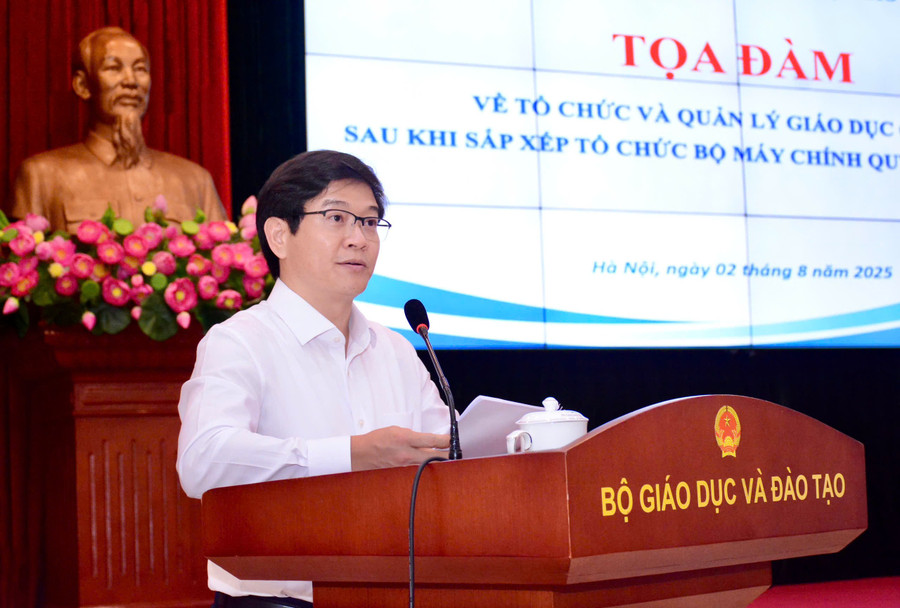


At the seminar, experts from the Department of Culture and Society and Heads of Departments of Culture and Society of some provinces/cities affirmed their determination and shared their efforts and initial results achieved in the first month of implementing two-level local government.
Some difficulties in approaching new jobs were also reported, such as: the number of staff is small but they have to be in charge of a large amount of work and require expertise at many levels; while they themselves only have expertise at one level, and even have no experience working in the education sector. Therefore, being trained and improving their capacity is also the desire and proposal of commune-level education officials.
Other issues proposed by experts from the Department of Culture and Society and the Head of the Department of Culture and Society are related to the organization of competitions at the commune level, the operation of community learning centers, the information technology infrastructure system, etc.




Local proactive solutions
Mr. Vo Van Mai, Deputy Director of Nghe An Department of Education and Training, said: The Department of Education and Training has thoroughly grasped the documents of the Ministry of Education and Training related to decentralization and delegation of authority in state management of education. At the same time, it has actively advised on the promulgation of local documents and regulations; focusing on the regulations on the functions and tasks of the Department of Education and Training and the decentralization and delegation of authority of the province.
Currently, Nghe An has handed over 1,347 public preschool, primary and secondary schools to the People's Committees of communes and wards for management. The Department of Education and Training has received 19 vocational and continuing education centers. During this process, there was an educational facility with 2 school locations in 2 different communes. Nghe An's solution is to stabilize the schools; the main school location in which commune is located is the commune responsible for primary management.
According to Mr. Vo Van Mai, Nghe An has 130 wards/communes; of which 40 wards/communes have specialists, or leaders of the Department of Culture - Society, or Vice Chairmen of the People's Committees from the education sector. Faced with this reality, the Department of Education and Training has developed a short-term plan to mobilize Vice Principals (for schools with 2 Vice Principals) to advise, support, and assist the team of commune-level education civil servants; at the same time, develop a professional training plan for this team.
Nghe An Department of Education and Training has also mobilized IT teachers to train 650 teachers on professional skills related to public services. From there, these teachers will support the Departments of Culture and Society in the initial stages of implementing public services, including public services in education and training.
Along with local solutions, Mr. Vo Van Mai suggested that it is necessary to organize training for civil servants in charge of education at the commune level; in which, digital learning materials and information technology should be utilized so that this team can proactively learn.
Mr. Tran The Cuong, Director of the Hanoi Department of Education and Training, informed: Hanoi currently has 51 wards and 75 communes. The Department of Culture and Society has 347 civil servants in charge of education, of which 212 have teaching degrees.
Sharing Hanoi's experience in overcoming initial difficulties when managing education under two-level local government, Mr. Tran The Cuong said that the city established clusters, each cluster basically having the same scope as the previous district, to support and resolve questions. Because there was a historical connection from before, the implementation was very favorable. The Department of Education and Training has mobilized teachers to support commune-level authorities in digital transformation and information technology, along with additional guidance on education work. At the same time, it is also implementing training for the team in charge of education at the commune level, preparing for the new school year...
Implementing two-tier local government for better education management
At the seminar, Mr. Nguyen Dac Vinh, Chairman of the National Assembly's Committee on Culture and Society, also emphasized the need to train and improve the capacity of education staff at the commune level; a solution that can be quickly implemented is to set up a zalo group for discussion and Q&A.
Believing that implementing something new always has initial difficulties, Mr. Nguyen Dac Vinh noted that the most important focus is the relationship between the commune and ward authorities and two major interacting subjects: educational institutions (managed by the commune level) and the educational management agency, the Department/Ministry of Education and Training.
Thanking the comments, especially those from the grassroots, Minister Nguyen Kim Son said: The Ministry of Education and Training will continue to strengthen listening, checking, and grasping the local situation more deeply in implementing the two-level government related to the education and training sector; from there, providing solutions and support.
“Continuing to focus on supporting the commune level in activities is a key and urgent requirement at this time. In the system, this is the foundation. If the commune level system is not well consolidated, if this foundation operates incorrectly, we cannot hope that the upper level will operate well,” the Minister emphasized.
One of the tasks that will be implemented soon mentioned by the Minister is the national training activity for commune-level civil servants to be held on August 5; document issues, completing virtual assistants related to commune level; completing the handbook of questions related to commune-level operations...
Referring to keeping up with new thinking and recognizing that the role of the commune level must be different from before, the Minister also affirmed the viewpoint and spirit of striving to reorganize and build a two-level local government so that the education system can operate better and the state management of education can be better than before.
In addition to the Ministry of Education and Training's task group related to mechanisms and policies, continuing to review and grasp the situation with high action, the Minister also requested the Departments of Education and Training to focus on supporting the commune level; proactively within their authority to train the team of commune-level education officials and educational institution managers.
Source: https://giaoducthoidai.vn/ra-soat-tap-trung-ho-tro-toi-da-cong-chuc-giao-duc-cap-xa-post742562.html


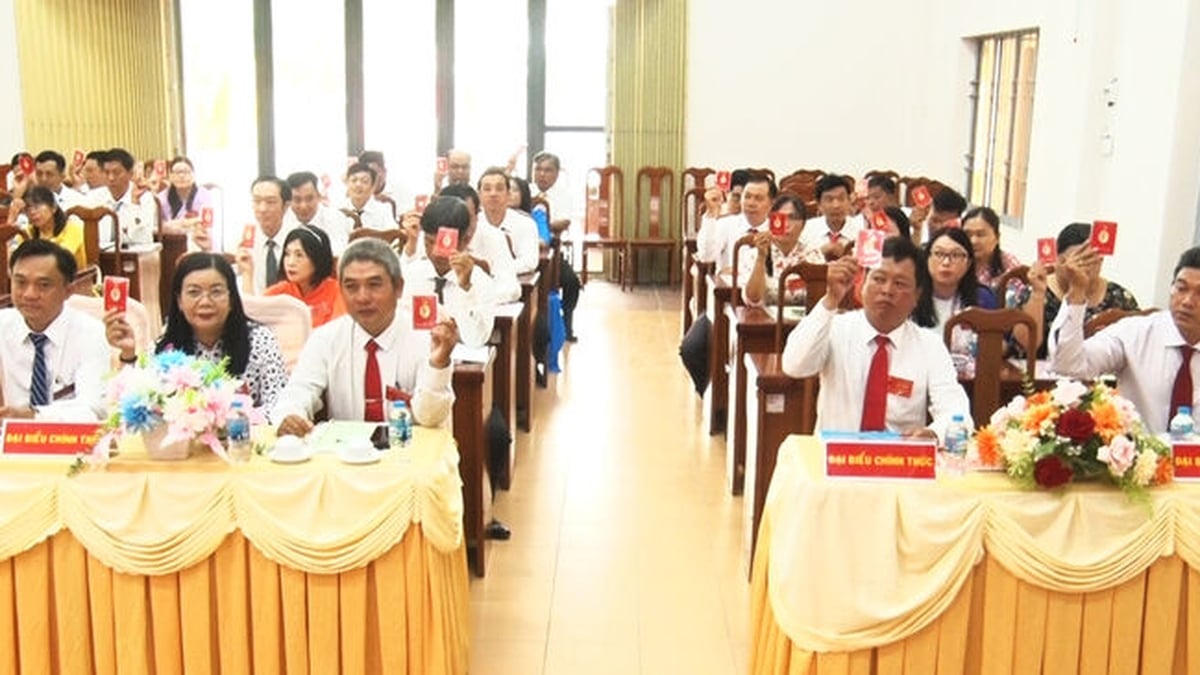

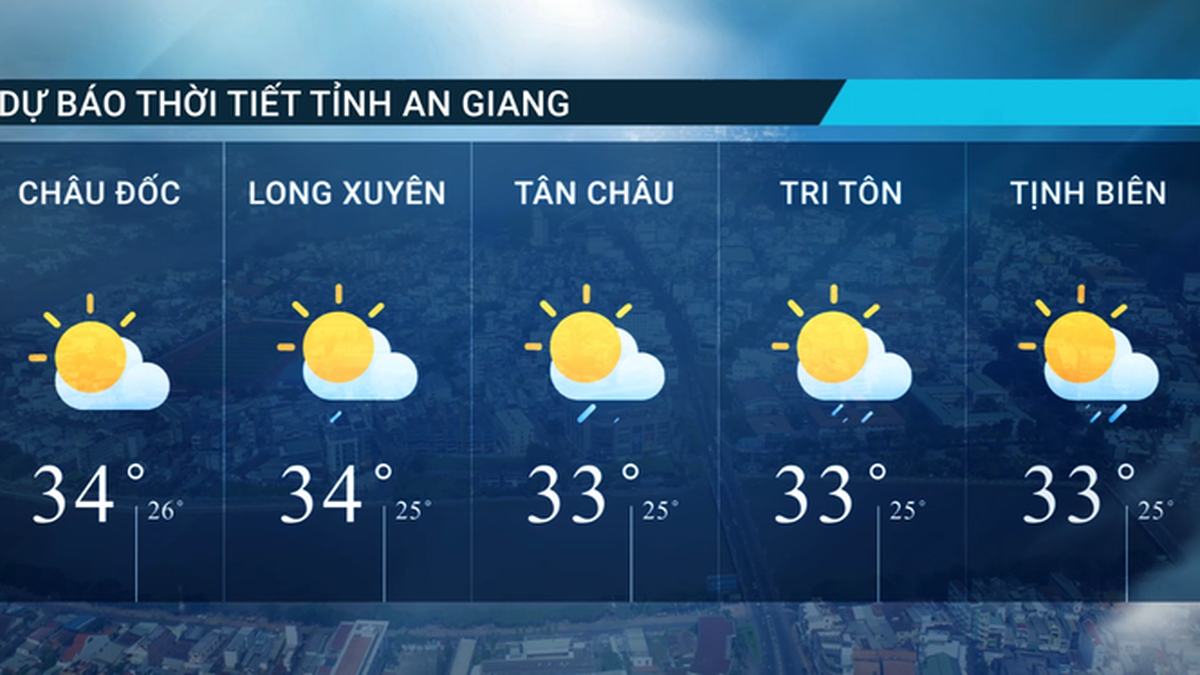

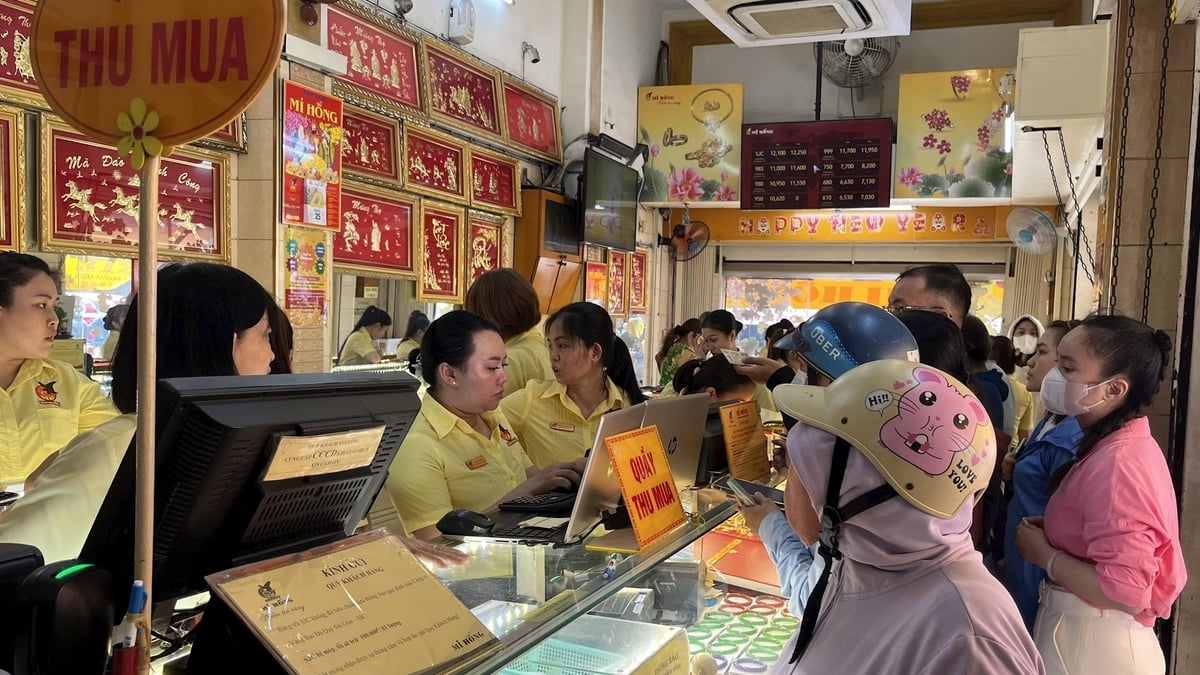


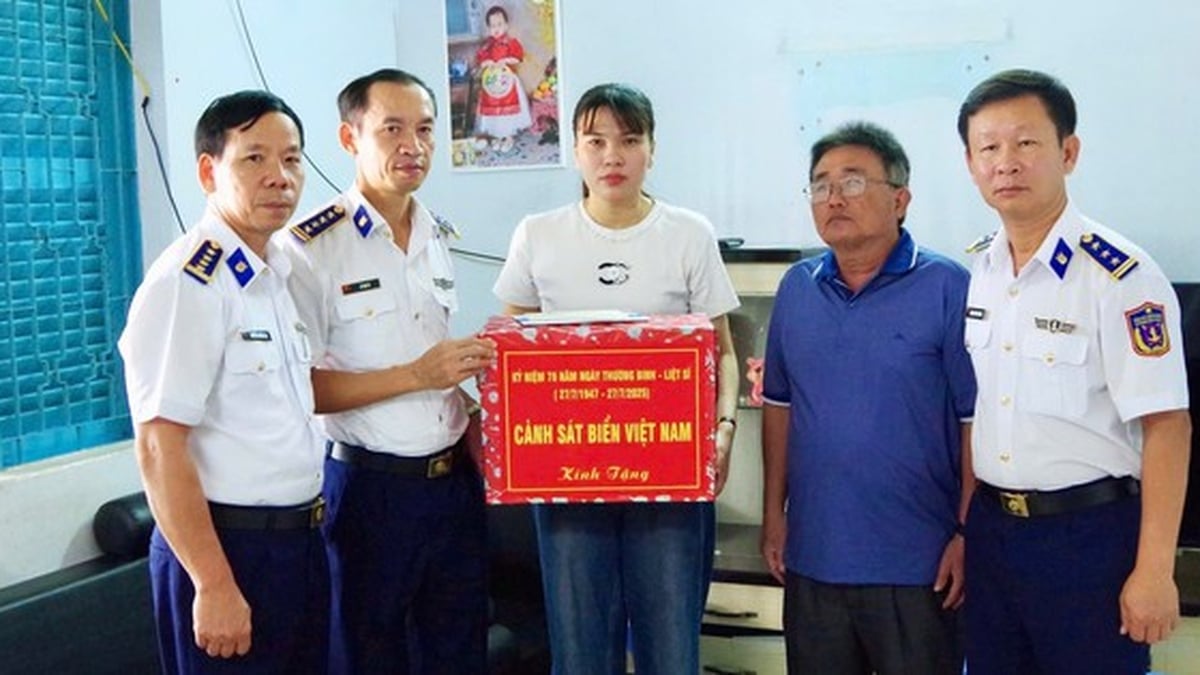























































































Comment (0)